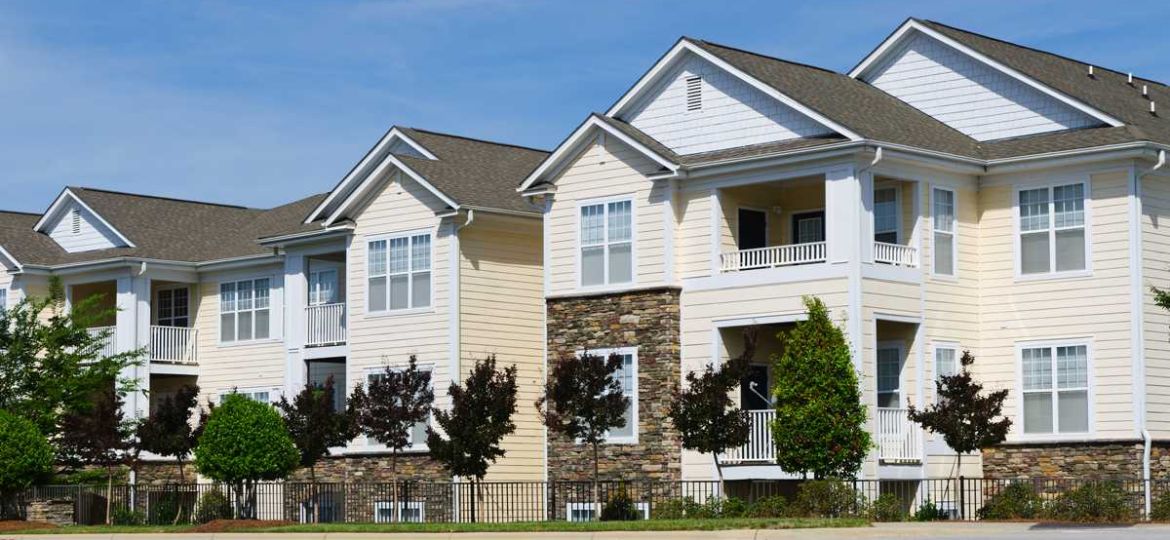
TRENTON – In an effort to increase New Jersey’s affordable housing supply, the Senate Community and Urban Affairs Committee advanced a package of five bills sponsored by Senator Troy Singleton, Senate President Nicholas Scutari, Senator Shirley Turner, Senator Brian Stack, Senator Renee Burgess, and Senator McKnight. The package includes legislation that would establish a new framework for the determination and enforcement of affordable housing obligations under the Mount Laurel Doctrine, in addition to reforms that would further reduce the cost of affordable housing development.
The package is being advanced in anticipation of the next round of municipal affordable housing obligations, which begins on July 1, 2025. Since 2015, court enforcement of the Mount Laurel Doctrine, which requires municipalities to provide their “fair share” of affordable housing, has led to the creation of nearly 70,000 new homes across New Jersey, 21,000 of which are deed-restricted affordable homes.
“Although New Jersey has doubled its supply of affordable housing since 2015, we still remain well over 200,000 affordable units short,” said the Chair of the Senate Community and Urban Affairs Committee Senator Troy Singleton (D-Burlington). “While this package of legislation would not address all of the barriers to affordable housing development, it streamlines the process and builds on the progress that we have made over the past eight years. Expanding the supply of affordable housing must remain a priority, as it is needed now more than ever.”
“Affordability has been the cornerstone of the efforts we have taken in the Legislature to address the challenges our residents face every day,” said Senate President Nick Scutari (D-Somerset/Union). “This initiative will allow us to develop additional affordable housing in New Jersey and make the system more workable. The bill package makes real progress in making housing more accessible and affordable for residents in communities throughout the state.”
“The housing affordability issue in New Jersey is not new, but it has become more acute as a result of a lack of adequate housing supply,” said Senator Turner (D-Hunterdon/Mercer). “This package will help reduce the exorbitant costs that too often prevent new affordable housing from being built, build on progress that the courts have made over the past several years, and would ultimately help ensure affordable housing opportunities are available across the state.”
“These efforts would enable the faster production of affordable housing and faster fulfillment of local affordable housing obligations,” said Senator Stack (D-Hudson). “Giving municipalities a more streamlined process, aligning our tax system with our housing production goals, and taking a regional approach to our affordable housing challenges will put a system in place that is best equipped to reverse the growing trend of unaffordability.”
“Families should not have to contend with uncertainty as to where they will be able to find a home, or whether they will be able to afford a future rent increase,” said Senator McKnight (D-Hudson). “Unfortunately, years of neglect have led to a massive shortage of affordable rental and homeownership opportunities. It will take time, but these reforms would put us on a path to reversing that shortage and reducing the barriers to affordable housing production.”
“The affordable housing crisis in our state has worsened since the pandemic, an issue that is only compounded by rising costs for other household goods,” said Senator Burgess (D-Essex/Union). “This package of reforms represents our continued commitment to seriously tackling that crisis and ensuring that new affordable housing can be built as quickly as possible, without prolonged legal action, with additional flexibility in supporting those developments for municipalities.”
S-50 would codify the methodology adopted by the courts to calculate the municipal affordable housing obligation, streamline the process for adoption of fair share plans and related actions, as well as abolish the now-defunct Council on Affordable Housing. These actions would codify the most successful elements of the last several years of court-led enforcement, while reducing the legal costs often borne by developers, affordable housing advocacy groups, and municipal governments.
S-1415 would authorize for-profit affordable housing entities to establish or join joint insurance funds with other housing entities. By permitting the use of joint insurance funds, which enables the costs of premiums to be spread among multiple organizations and mitigates the impact of insurance claims across a wider group, affordable housing entities and projects previously unable to obtain or afford insurance would be able to do so at a lower cost.
S-1422 would provide for an alternative method of depreciation for eligible property expenditures that are incurred through the construction of new affordable housing. In doing so, developers would be better able to recover the cost of their investment in affordable housing than current law allows, thus making affordable development more financially feasible.
S-2309 would permit the governing body of a municipality to delegate to its municipal clerk the authority to provide a written statement in support of one or more affordable housing programs or projects. By allowing a municipality to delegate the task to the municipal clerk, the process to obtaining funding for affordable housing projects would be streamlined, and towns would be more easily able to meet their obligations.
S-2312 would allow municipalities to exempt affordable housing projects funded through the Affordable Housing Trust Fund, or municipal development fee trust funds, from real property taxation. Payment in Lieu of Taxes (PILOT) agreements can be implemented instead, thus incentivizing the construction of affordable housing.

